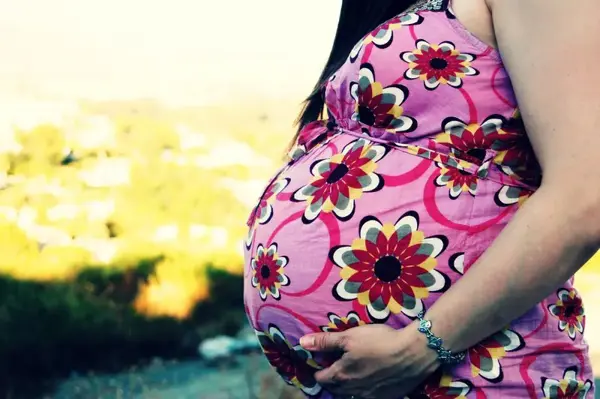Dutch Parliament votes to abolish the tax on disposable cups and containers: a step backwards in the fight against plastic pollution
Old motions by the SP and VVD back on the table
The Dutch House of Representatives has reached a majority for the abolition of the tax on disposable cups and containers. This means that previous motions from the SP and VVD, which have not been implemented before, can still become reality. A decision that seriously jeopardises efforts to reduce disposable plastic.
Every year, no fewer than 7 billion disposable cups and containers are used in the Netherlands, which amounts to 19 million items per day. In line with the European Single-Use Plastics (SUP) Directive, agreements were made in 2019 to reduce this number by 40% in 2026. The levy on disposable packaging – 50 cents extra for a container and 25 cents for a cup – was intended to encourage entrepreneurs to offer reusable alternatives and consumers to bring their own reusable cup or container.
Plastic levies work: lessons from the past
This approach has proven itself in the past. As Jeroen Dagevos of the Plastic Soup Foundation explained to RTL News (in Dutch) the introduction of a tax on plastic bags led to a 70% decrease in their use. Consumers adjusted their behaviour and started bringing their own bags more often.
Whether this change in behaviour will also occur with a tax on plastic cups and containers remains to be seen. Will consumers actually take their own container to the snack bar or Chinese restaurant? A more obvious approach would be to place the responsibility with the plastic producers, or to reward retailers for offering alternative materials, as Maria Westerbos emphasised on Radio 1 (in Dutch). There are countless sustainable alternatives available.
Consumers want less plastic, but not higher costs
Research shows that the majority of consumers support a reduction in single-use plastic: 80% say they are in favour of measures. Litter and excessive waste production are a major source of annoyance. At the same time, consumers want freedom of choice and do not see extra costs on single-use plastic as the best solution.
In 2023, the Dutch House of Representatives already adopted a motion from the SP (submitted by Van Dijk) to scrap the extra costs for disposable cups and containers. At the time, State Secretary Heijnen (CDA) postponed the implementation to her successor, Jansen (PVV). The Plastic Soup Foundation points out that this measure stems from European policy and cannot simply be scrapped. What can change, however, is who bears the costs.
More than an environmental problem: impact on our health
In addition to the ecological impact, there is another crucial argument for reusable alternatives: health. Scientific studies show that micro- and nanoplastics are released in large quantities from plastic packaging, especially with hot drinks and food. Tens of thousands of plastic particles can be released per cup of coffee or tea.
The Plastic Soup Foundation therefore advocates investing in sustainable alternatives and maintaining financial incentives to encourage reuse, but not placing the burden on the consumer in this case. This is not only better for the planet, but also for our health. Let's take responsibility and tackle plastic pollution at the source.





